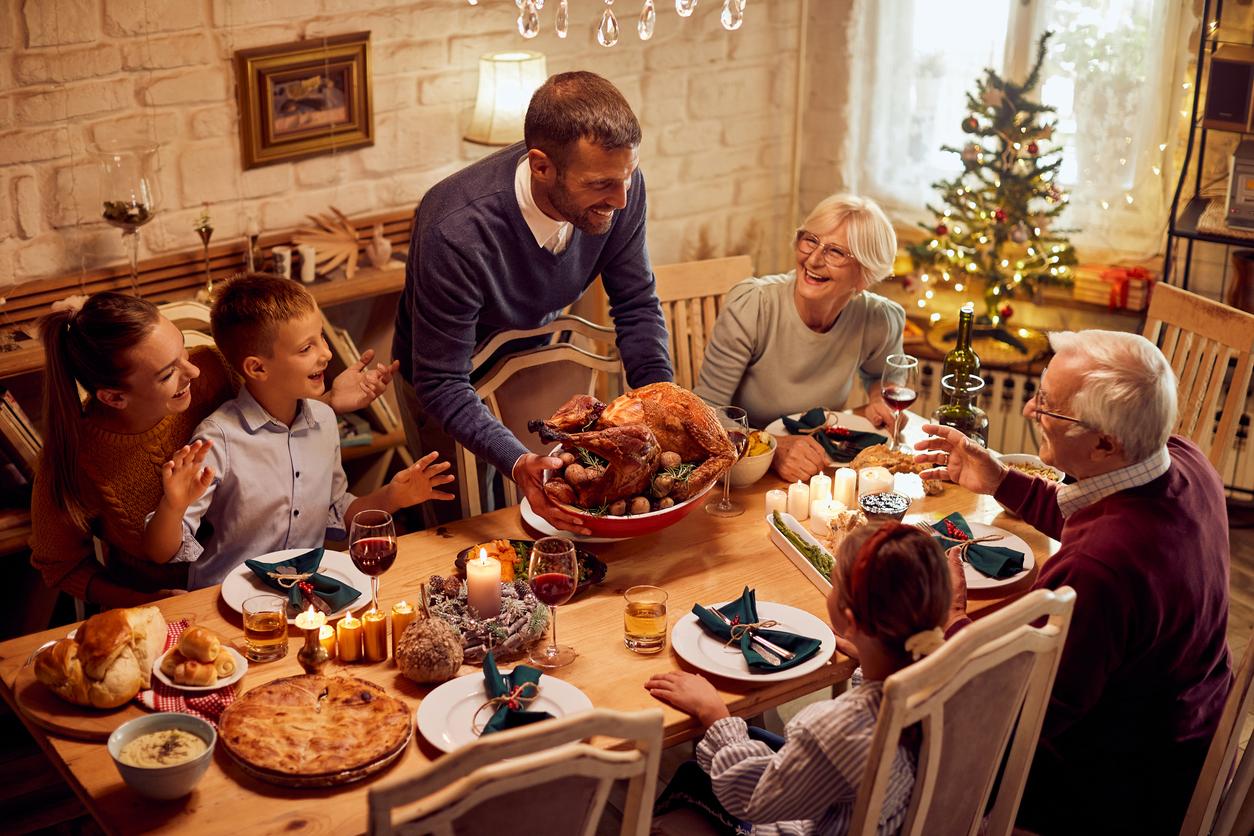Weight control and the pleasure of eating. Two a priori contradictory notions among those who accuse their gluttony of ruining their efforts to lose weight. Exit the tyranny of regimes with the yoyo effect, chant the supporters of an “intuitive” approach. Nutrition specialists urge to get out of conflicting relationship with food and come back listening to oneself, to one’s internal signals, without repressing his emotions. Conceptualized by American nutritionists Evelyn Tribole and Elyse Resch in 1995, “intuitive eating” is a positive approach that leads to making peace with oneself. This sensory and emotional vision, considered to be more effective in regulating one’s weight in the long term, is winning over nutrition professionals in France, like Laetitia Proust-Millon, dietician and nutritionist near Bordeaux. It sums up the spirit of the method: “Eating intuitively requires being attentive to food and paying attention to your emotions, energy level, hunger, satiety and eating pleasure”. Food is taken from a global perspective: “We must not forget that the value attributed to food is nutritional, but also psychological, cultural and sensory, these last three dimensions being as important as the first”, specifies the expert.
To better understand intuitive eating and perhaps try to become an “intuitive eater”, we interviewed Karine Gravel, nutritionist in Quebec, doctor of nutrition and author of a thesis * on intuitive eating. Maintenance.
Top Health: What does becoming an intuitive eater mean?
Karine Gravel: “It’s eating in a natural way (a bit like small children), that is to say according to their signals of hunger and satiation, by listening to their needs and respecting their food preferences. restriction.
Is the opposite of compulsive eater?
The intuitive eater feeds with full consciousness, which is the reverse of eating with compulsion. If you eat with compulsion, you have to analyze the reason and professional help is often needed. This often comes from the fact that we consider prohibited or taboo foods and / or that we eat with guilt. These behaviors are not part of intuitive eating.
What are the right reflexes to take to become an intuitive eater?
Here are a few tips :
1. Don’t think of Intuitive Eating as a new diet or weight loss method
2. Don’t aim for perfection. Eating intuitively involves nuances! It’s not black and white like in diets.
3. Learn to distinguish between hunger and the urge to eat.
4. Learn to live your emotions without necessarily using food. And learn to respect your body and natural weight (rather than trying to control it).
5. Exercise for fun and to take care of your body (not to burn calories).
Can Intuitive Eating Help Lose Weight and Avoid the Yo-Yo Effect of Dieting?
It can help to avoid yoyo diets. For weight loss, I am more nuanced. Intuitive eating can help refine only in certain cases. For example, in a situation where hunger signals and satiation are ignored and where one eats compulsively in response to emotions, intuitive eating can help to better meet one’s needs. And then it could have an effect on the weight.
But above all, intuitive eating is a way to improve your relationship with food and better respect your body, regardless of weight. It is not a weight loss method and I do not think you should look at it that way. “
Thanks to Karine Gravel, nutritionist and doctor in nutrition. karinegravel.com. Author of the thesis “Eating with your head or according to your senses: eating perceptions and behaviors” (Laval University, 2013).
Thanks to Laetitia Proust Millon, dietician and nutritionist.
Read also
How to regain your appetite
One size smaller with the detox break
3 star foods for your metabolism
















